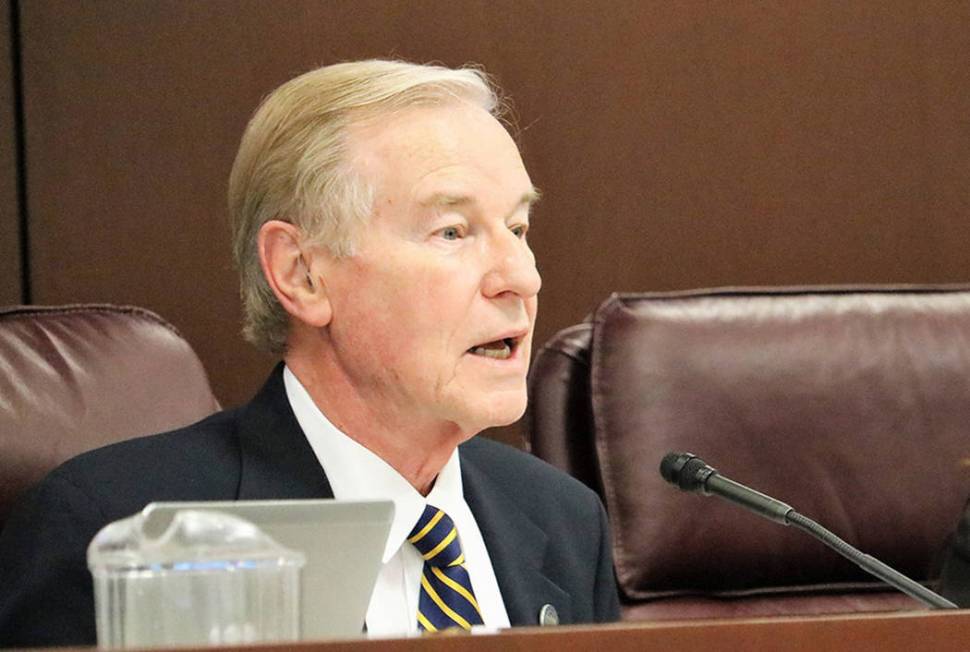Bill to strengthen Nevada public records law survives deadline

CARSON CITY — A measure that would strengthen Nevada public records laws, backed by information access advocates but worrisome to government agencies fearing new penalties, survived a pending legislative deadline for action Friday and will get more work in another committee.
The Senate Government Affairs Committee referred Senate Bill 287 to the Finance Committee without recommendation after reviewing an extensive set of amendments from Sen. David Parks, D-Las Vegas, the committee chair and bill sponsor. The senator’s proposed amendments superseded several others from supporters and opponents of the original measure.
“You’ve clearly done a lot of work in trying to put together some compromise language,” Sen. Ben Kieckhefer, R-Reno, told Parks, adding that the broad changes required more time to review.
“I want to pass something that works, and I’m happy to do whatever you like to keep moving this process forward,” Kieckhefer told Parks.
The bill is aimed at strengthening enforcement, promoting compliance with the law and easing access to records. It would limit fees government agencies may charge for producing records; streamline delivery of digital records; and require agencies to help requesters find the information they want, focusing off-the-mark requests, for example, rather than denying them outright.
It includes penalties for noncompliance. A judge could charge fines of $100 for each day an agency blocks access, award attorney’s fees to the requester, and impose civil penalties as high as $250,000.
The proposed amendments would eliminate those huge potential fines, limiting them instead to a maximum of $2,500 for a third and later offense, with exceptions specified when records providers have acted in good faith.
The changes also would narrow the definition of public record to exclude databases or identifying data that is embedded in certain electronic documents and clarify that electronic copies be provided only if feasible. They would also carve out specific exemptions for law enforcement records, such as investigative reports.
Finally, the amendments would allow government entities to seek court-awarded damages in cases of frivolous or “vexatious” requests but still would require those entities to work in good faith with the requester to narrow or simplify such requests.
The committee’s referral Friday did not include any recommendation on the proposed amendments.
Contact Bill Dentzer at bdentzer@reviewjournal.com or 775-461-0661. Follow @DentzerNews on Twitter.